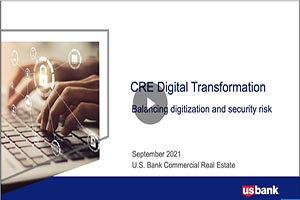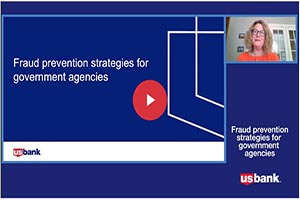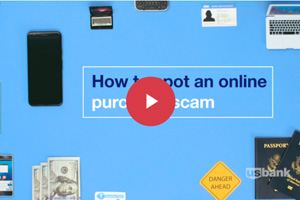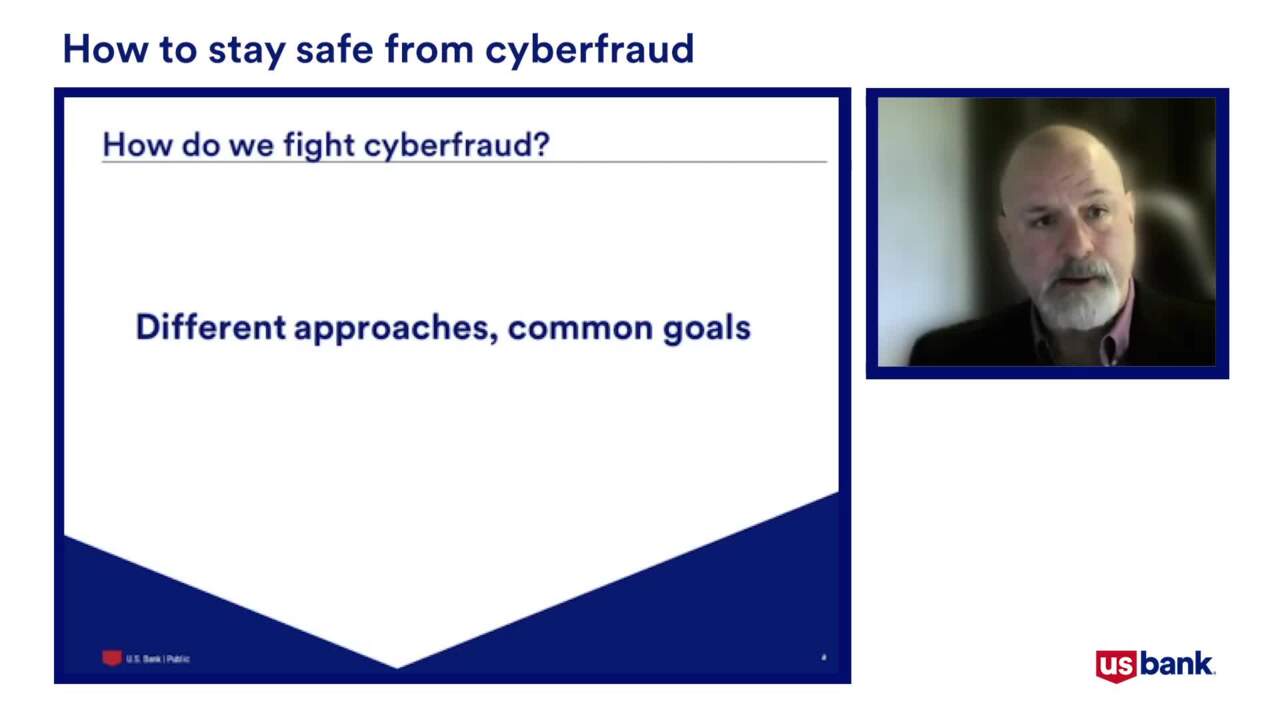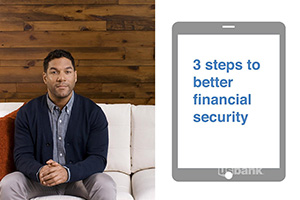We live in a digital-focused world, and that includes money. In fact, cryptocurrencies are virtual currencies designed as a medium of exchange. Here’s a beginner’s guide on what it is and how to use it.
Dear Money Mentor is designed to answer common consumer banking questions and offer guidance to improve financial well-being. Read on for tips and expert advice from Chris Swanson, U.S. Bank senior vice president of innovation research and development.
What do Bitcoin, Litecoin, Ripple RXP all have in common? They are popular types of cryptocurrency. And according to a recent poll, 8 percent of Americans currently own some kind of digital money, while most admit they don’t fully understand the phenomenon. We’ve broken down cryptocurrency and what you need to know.
What is cryptocurrency?
At its most basic, cryptocurrency is digital money that exists in units of data (called tokens or coins) that one would store in an online digital wallet. The idea behind cryptocurrency is to have a means of exchanging a limited supply of currency independent of a central authority, such as a bank or a government.
Cryptocurrency is transferred electronically. Thus, there is no physical coin or bill with cryptocurrency, and no third-party institutions are involved in the creation or transfer thereof.
- The Federal Trade Commission (FTC) shares these additional helpful facts about cryptocurrency on its consumer website.
- Cryptocurrencies aren’t insured by the government like United States bank deposits are.
- The value of cryptocurrency can change “by the hour,” according to the FTC. “An investment that may be worth thousands of U.S. dollars today might be worth only hundreds tomorrow. If the value goes down, there’s no guarantee that it will go up again.”
- Unlike credit and debit cards, which have legal protections if something goes wrong, cryptocurrency offers no legal protections. And payments are typically not reversible. Once you pay for something with cryptocurrency, you can only get your money back if the seller sends it back.
Where can I buy cryptocurrency?
The most well-known cryptocurrency is Bitcoin. It can be bought directly from other people via online marketplaces, and you can pay in a variety of ways, including cash, credit cards1 and wire transfers.
You would then store your Bitcoin in a digital wallet. Companies like Coinbase allow you to connect a bank account and easily transfer dollars in or out of your wallet.
How to use cryptocurrency
The list of companies that accept cryptocurrency payments is constantly in flux. But some recognizable names who either have accepted Bitcoin or still are accepting Bitcoin include Microsoft, Dish Network and Overstock.
However, rather than using Bitcoin as a currency, more users tend to approach cryptocurrency as an investment vehicle (see below).
Know the cryptocurrency risks
The U.S. Securities and Exchange Commission (SEC) cautions: “trendy investments are especially ripe for fraudsters so be aware there is a real risk of fraud. Scam artists prey upon the newness of an investment opportunity when there isn’t as much history about the product.”
If you lose money on cryptocurrency, there is a “real chance the SEC and other regulators won’t be able to help you recover your investment, even in cases of fraud.”
The FTC advises consumers to watch out for anyone who guarantees you’ll make money, promises big payouts, promises free money in dollars or cryptocurrency or makes unclear claims.
Still interested in cryptocurrency? The smartest approach is to invest only money that you are able and willing to lose. Do your research and proceed with extreme caution.
Ask U.S. Bank about cryptocurrency
“We’ve had more inquiries about cryptocurrency in the past six months than in the previous five years,” Swanson says. “It’s always a good thing when our customers come to talk to us and ask us questions about what’s out there. We want to play that role.”
U.S. Bank is committed to staying on the leading edge of its evolution and educating customers along the way – especially since interest in cryptocurrency continues to grow.
Not sure if you're ready to take on the risk of buying cyptocurrency? Read more to help you better understand your investment risk tolerance.
1Purchase with credit card is not allowed through U.S. Bank.





































